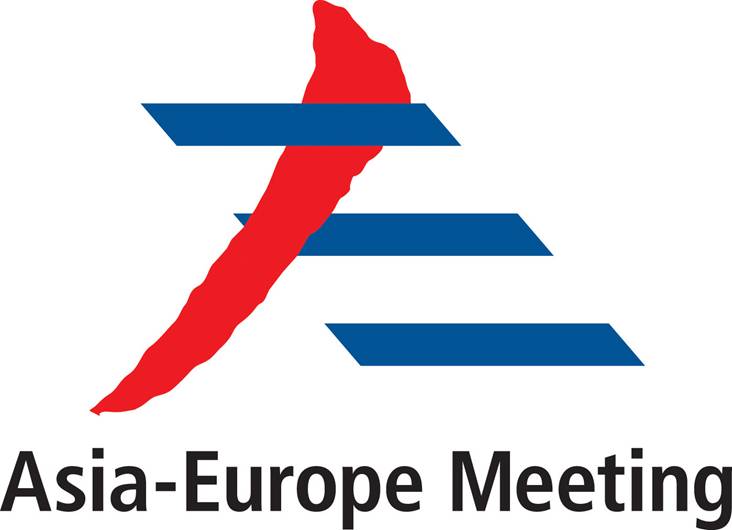
By Jamil Maidan Flores
It’s difficult to overestimate the importance of ASEM, which bridges East Asia and Europe
Late last week, the Asia-Europe Meeting (ASEM) held its 10th summit in Milan, Italy. The event involved 51 nations from the two continents plus two regional organizations, the Association of Southeast Asian Nations and the European Union.
As European Council president Herman Van Rompuy pointed out, these 51 nations account for 60 percent of humankind, 50 percent of global gross domestic product, and 60 percent of global trade. Remove their contributions, and the global economy ceases to be viable.
Once again Indonesia wasn’t represented by its head of state and government at the ASEM summit. This time the world understood and excused Indonesia. After all, the summit coincided with the very eve of the turnover of the presidency from Susilo Bambang Yudhoyono, who had just completed his second term, to his successor, Joko Widodo.
It was different in 2010 when President Yudhoyono failed to attend the ninth ASEM summit in Brussels. Although days after that summit, he visited the Netherlands. Earlier, Yudhoyono did not make it to the US-Asean summit either. As a result, speculation was rife that the Indonesian government, in deference to China, was distancing itself from the US and the West. It was around that time that the US announced its “pivot” or “rebalancing” toward East Asia after years of apparent neglect of the region by the administration of George W. Bush.
Fortuitously, the Indonesian government had earlier begun espousing the principle of “dynamic equilibrium,” which rejected all forms of big power rivalry, especially the Cold War type. In the context of this principle, it became easier for Asean to welcome the participation of both Russia and the US in the East Asia Summit (EAS).
Europe, of course, made its pivot to East Asia a long time ago, through the establishment of the ASEM in 1996. I remember then Indonesian Foreign Minister Ali Alatas pushing for the inclusion of Australia and New Zealand on the Asian side of the ASEM equation at an Asean meeting in Bangkok in 1994.
The Thai foreign minister, with irreverent humor, suggested that Indonesia annex both Antipodean countries so it could represent them in ASEM. Alatas remained poker faced and let the remark pass. It wasn’t funny.
It’s difficult to overestimate the importance of ASEM. It’s the third leg of a global triad connecting the world’s core region: NATO connects Europe with North America; APEC links East Asia with the Americas; while ASEM bridges East Asia and Europe. Without ASEM, the global architecture, imagined as a triad, would limp on two legs.
However, for a fuller understanding of what can be realistically expected of Europe, I recommend a look into the views of that irrepressible Vienna-based intellectual, Dr. Anis Bajrektarevic, who says in effect that Europe is dominated today by France on political matters and by Germany on economic issues. Their bilateral alliance, he says, forms the geopolitical axis, the backbone of the European Union.
In that light, the mostly economic “French pivot” to East Asia should be even more welcome. So is the offer of Germany to take up in ASEM deliberations the cause of arbitration on maritime disputes in the South China Sea.
On the East Asian situation, Dr. Bajrektarevic says that China would be making a strategic mistake if it didn’t embrace multilateralism, and if it didn’t achieve rapprochement with the three champions of multilateralism in Asia: Indonesia, India and Japan. For their part, the three, plus the US, would be well advised to deepen a constructive multilateral engagement with China.
That makes a case for the conclusion of an Indo-Pacific Treaty of Friendship and Cooperation.
Meanwhile, make no mistakes: for all its internal problems, the EU is constructively involved in East Asia. Indonesia and other Asean countries would do well to encourage a deepening of that involvement.
Jamil Maidan Flores is a Jakarta-based literary writer whose interests include philosophy and foreign policy. The views expressed here are his own.




